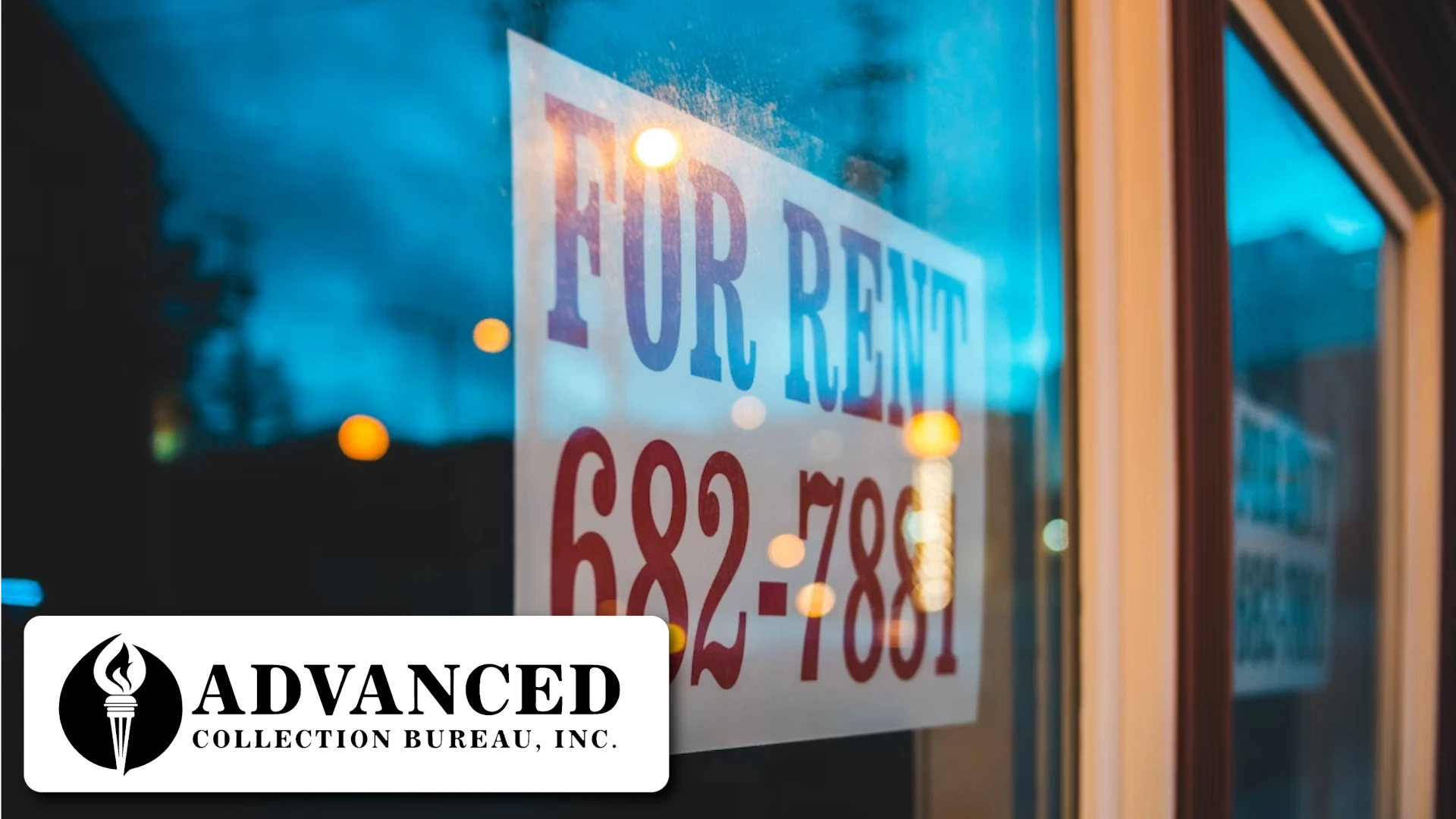Managing rental property can be one of the most rewarding income streams for landlords, but it’s far from passive. From screening tenants to chasing down rent, keeping your investment profitable takes organization, consistency, and a sharp understanding of your responsibilities.
For landlords just getting started—or those managing their first few units without a formal system—this guide will walk you through the essentials of rental property management, with an eye on how to avoid the biggest risk of all: bad debt.
What Is Rental Property Management?
Rental property management refers to the ongoing oversight of residential units that are leased to tenants. This includes everything from marketing vacancies and reviewing applications to collecting rent, handling repairs, and managing lease renewals or evictions.
Some landlords handle these tasks themselves. Others hire a professional property management company to take over the day-to-day operations. Either way, the goal is to maintain occupancy, ensure cash flow, and minimize losses.
If you’re unsure whether to manage your rental alone or outsource, our blog on choosing the right property management company lays out the pros and cons.
Core Responsibilities of Managing Rentals
The heart of rental property management is staying on top of routine tasks before they turn into expensive problems. Your success often hinges on how well you manage the following areas:
Tenant Screening: Good tenants are your best insurance policy. Check credit reports, rental history, employment status, and references. Don't skip this step—most rent-related issues start with poor screening.
Rent Collection: Set clear payment policies up front. Automate where possible, and take swift, professional action when rent is late. If payments are repeatedly missed, unpaid rent can go to collections.
Maintenance and Repairs: Prompt repairs not only keep tenants happy but also protect the value of your property. Schedule regular inspections and respond quickly to maintenance requests.
Legal Compliance: Know your local landlord-tenant laws. From security deposit rules to eviction procedures, legal missteps can cost you far more than a late rent check.
Communication: Be professional and consistent in your messaging. Keep records of all correspondence, especially if a tenant falls behind on rent.
If you're looking for more in-depth strategies, read our piece on how to build a comprehensive debt recovery plan.
Best Practices for New Landlords
Starting out in property management can feel overwhelming, but a few solid habits will set you up for long-term success.
Use written lease agreements for every rental. Verbal agreements open the door to misunderstandings and legal gray areas. Make sure your lease clearly outlines rent due dates, late fees, repair responsibilities, and occupancy rules.
Open separate bank accounts for each rental property. This keeps your income and expenses clean for tax time and makes financial tracking easier.
Develop a system for documenting everything. From maintenance logs to rent receipts, detailed records protect you in disputes and can help your case if you ever need to send a tenant to collections.
Build a reserve fund. Even with good tenants, things happen. A water heater might break. A tenant might move out unexpectedly. Having a financial cushion allows you to stay in control when the unexpected arises.
Looking for tips specific to preventing losses? Don’t miss our blog on how property managers can identify and avoid potential debt recovery issues.
When to Call in a Debt Collection Partner
No one wants to escalate a tenant issue, but sometimes it’s necessary. If a tenant skips out on rent or moves without notice, the chances of recovering what you're owed shrink quickly. That’s when professional help makes all the difference.
At Advanced Collection Bureau, we specialize in recovering rent debt for landlords, property managers, and rental communities. Unlike general collection agencies, we understand housing regulations and treat every tenant with professionalism and compliance.
We offer:
- No upfront fees—only pay if we recover
- Twice-monthly credit reporting to incentivize payment
- Skip tracing to find tenants who’ve disappeared
- 100% U.S.-based operations for direct support
Whether you're managing one unit or a hundred, you deserve to get paid for the housing you provide. Learn more about how ACB helps landlords collect unpaid rent legally and efficiently.
Conclusion: Build Systems Early, Avoid Problems Later
Rental property management is less about reacting to problems and more about preventing them. The earlier you set clear expectations, screen tenants properly, and track performance, the less likely you are to face evictions, missed rent, or unpaid balances.
But when problems do arise, you don’t have to face them alone.
Advanced Collection Bureau has over 25 years of experience helping landlords recover unpaid rent. Our team blends professionalism, legal expertise, and tenant-sensitive communication to ensure you get what you’re owed—without the stress.
If you’re tired of chasing former tenants or absorbing lost income, it’s time to get help.














